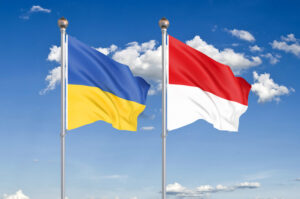
According to the results of a sociological survey conducted by Active Group in collaboration with the information and analytical center Experts Club in April 2025, 70.3% of Ukrainians have a neutral attitude towards Indonesia.
This country is viewed positively by 17.9% of respondents, of which 13.1% are mostly positive and 4.9% are completely positive. On the other hand, only 4.5% of respondents are negatively disposed (4.1% are mostly negative and 0.4% are completely negative). Another 7.3% were undecided.
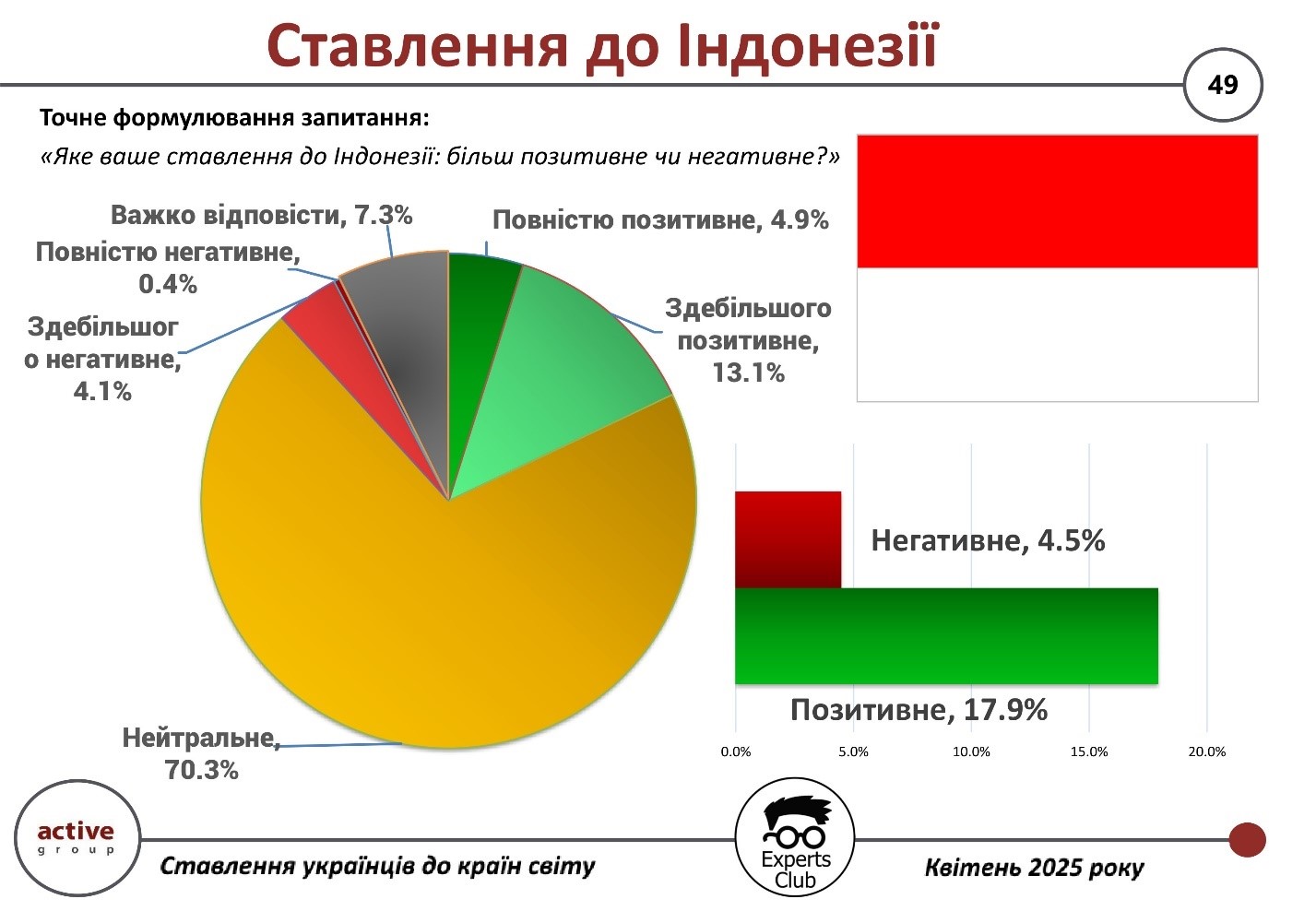
“Indonesia remains on the periphery of the information field for most Ukrainians. Despite its status as the fourth most populous country in the world, ties with Ukraine are rather limited. This shapes such a high level of neutrality in perception,” explains Maksim Urakin, PhD in Economics and founder of the Experts Club information and analytical center.
Ukrainians generally demonstrate moderate sympathy for Indonesia, although a neutral position remains dominant. This indicates a low level of awareness about the country against the backdrop of a lack of systematic contacts.
The presentation of the study is available at the link.
ACTIVE GROUP, DIPLOMACY, EXPERTS CLUB, Pozniy, SOCIOLOGY, URAKIN
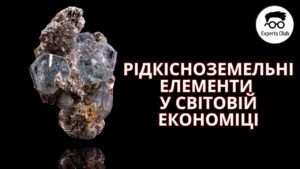
On May 8, 2025, the Verkhovna Rada of Ukraine ratified a strategic agreement with the United States of America on the joint use of mineral resources, which was an important step in strengthening the economic partnership between the two countries. The agreement provides for the creation of a Joint Reconstruction Investment Fund, which will give the US priority access to Ukrainian minerals, including lithium, titanium, graphite, and uranium. At the same time, Ukraine expects increased military support and economic stability.
Volodymyr Khaustov, scientific secretary of the State Institution “Institute of Economics and Forecasting of the National Academy of Sciences of Ukraine,” honored economist of Ukraine, and candidate of technical sciences, shared his vision for the prospects of this agreement in a video from the Experts Club expert and analytical center.
“Ukraine has significant potential in the field of strategic mineral extraction. However, it should be understood that realizing this potential requires significant investment and time. Many deposits, particularly lithium deposits, are located in regions where infrastructure needs to be modernized and geological data is based on outdated Soviet research,” Khaustov said.
The expert also highlighted the technological challenges associated with the extraction and processing of Ukrainian minerals.
“Most lithium deposits in Ukraine contain ores that are difficult to enrich using existing technologies. This requires the development of new processing methods, which in turn requires time and financial resources,” he explained.
The agreement also stipulates that profits from joint projects will be reinvested in Ukraine during the first ten years, which should contribute to the country’s economic recovery. However, Khaustov warns against excessive optimism about quick results.
“The implementation of such large-scale projects is not a matter of one year. All risks and challenges, including geopolitical and economic ones, that may affect the implementation of the agreement must be taken into account,” he stressed.
Overall, the expert believes that the signing of the agreement with the US is an important step for Ukraine, opening up new opportunities for the development of the mining industry and strengthening the economy. However, the successful implementation of the agreements requires a comprehensive approach, strategic planning, and close cooperation between all interested parties.
“This is a chance for Ukraine to become an important player in the global market for strategic minerals. But this requires not only desire, but also real action, investment, and technological solutions,” Volodymyr Khaustov concluded.
Thus, the agreement between Ukraine and the US opens a new page in the economic partnership between the two countries, but its successful implementation depends on many factors that require careful analysis and balanced decisions.
You can learn more about Ukraine’s mineral resources in the video: https://www.youtube.com/watch?v=IFI5sUBX3gc&t
You can subscribe to the Experts Club channel at: https://www.youtube.com/@ExpertsClub
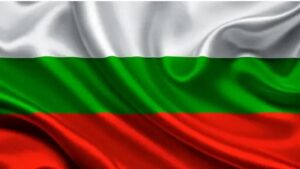
Bulgaria evokes a moderately positive or neutral attitude among most Ukrainians. This is evidenced by the results of a sociological survey conducted by Active Group in cooperation with the Experts Club analytical center in April 2025.
According to the survey, 42.1% of respondents have a positive opinion of Bulgaria (33.6% — mostly positive, 8.4% — completely positive). Only 4.1% of respondents have a negative attitude (3.4% — mostly negative, 0.7% — completely negative). However, more than half of Ukrainians — 50.7% — took a neutral position, which is one of the highest rates among all countries. Another 3.2% were unable to answer.

“This result indicates not so much indifference as the lack of an active presence of Bulgaria in the Ukrainian information space. Its support is not denied, but it is not perceived as influential or strategic,” said Maksim Urakhin, founder of Experts Club.
To build a stronger image of Bulgaria in Ukraine, it is important not only to participate in international support, but also to communicate this through public communication.
The presentation of the study is available at the link.
ACTIVE GROUP, DIPLOMACY, EXPERTS CLUB, Pozniy, SOCIOLOGY, URAKIN

The Coalition of the Willing will continue to support Ukraine if Russia refuses to agree to a 30-day ceasefire and is ready to strengthen sanctions, German Chancellor Friedrich Merz said.
“If Russia refuses to agree to a ceasefire, which would be the basis for negotiations that could begin immediately, then we will continue to defend Ukraine and we will continue to increase pressure on Russia,” Merz said at a joint press conference with leaders of the Coalition of the Willing in Kyiv on Saturday.
According to him, almost all EU members and representatives of the Coalition of the Willing are ready to impose sanctions if Russia does not accept their initiative. “We are all working to ensure that Russia finally agrees to a ceasefire and does not put forward any conditions, again and again,” Merz said.
He also recalled that prior to today’s summit, the leaders of the Coalition of the Willing had communicated with US President Donald Trump and informed him personally of the results immediately after the meeting.
“We are grateful to the US president for fully supporting our initiative, sharing it, and being fully involved in it,” Merz emphasized.

Qatar is perceived by Ukrainians as mostly neutral, although there is a noticeable positive trend. This is evidenced by the results of a sociological survey conducted by Active Group in collaboration with the Experts Club think tank in April 2025.
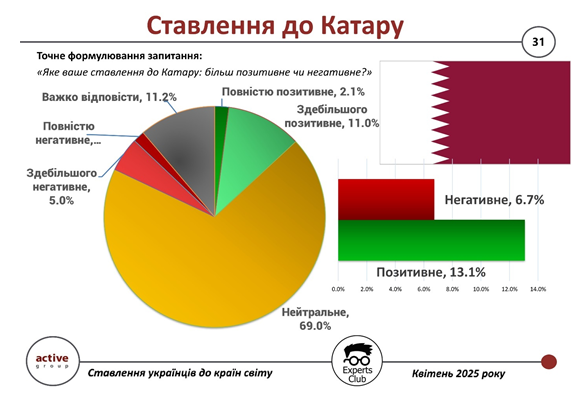
Thus, 13.1% of Ukrainians have a positive attitude towards Qatar (11.0% — mostly positive, 2.1% — completely positive), while 6.7% express a negative opinion (5.0% — mostly negative, 1.7% — completely negative). At the same time, 69.0% of respondents remain neutral, and 11.2% abstained from answering.
“The high level of neutrality indicates limited awareness of Qatar among Ukrainians, but the existing positive trend creates opportunities for the development of bilateral relations,” said Oleksandr Pozniy, co-founder of Active Group.
These results open up prospects for deepening humanitarian, cultural, and economic cooperation between Ukraine and Qatar.
The presentation of the study is available at the link.
ACTIVE GROUP, DIPLOMACY, EXPERTS CLUB, Pozniy, SOCIOLOGY, URAKIN